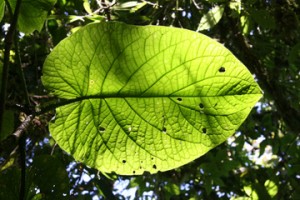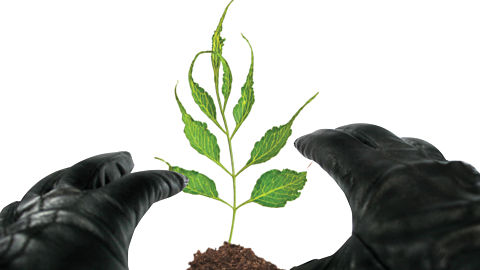Costa Rica News – It seems that Costa Rica will get a chance to prove if the domestic carbon credit program that has just been implemented is legitimate or not right away.
 We all have our doubts that the Costa Rican government can actually use the fund from this program in a battle to offset carbon emissions or if it will end up like most government programs as a complete failure putting money in the back pockets of Costa Rican government officials.
We all have our doubts that the Costa Rican government can actually use the fund from this program in a battle to offset carbon emissions or if it will end up like most government programs as a complete failure putting money in the back pockets of Costa Rican government officials.
One of the last times a huge investment was placed in the hands of the Costa Rican government was the border trail between Nicaragua and Costa Rica. The entire project was a huge failure and left the public asking, where did the money go?
Another huge investment is coming in from this carbon credit program, perhaps we should start tracking this money now……I never understood why governments could not be audited, I guess then the public would see how wasteful the government spending truly is.
The World Bank’s Carbon Fund signed a deal with the government of Costa Rica to buy up to $63 million worth of forest-based carbon credits, the bank said.
The agreement will allow the Central American country to expand a local program that pays landowners for conserving forests to an additional area of 340,000 hectares.
The final price for each credit will depend on negotiations that will be carried by the World Bank’s Forest Carbon Partnership Facility (FCPF) with Costa Rica’s officials, according to the bank.
Some projections published last year during the 5th Carbon Fund meeting of the FCPF in Paris, indicated that Costa Rica would offer around 12.6 million emission reductions to the bank as part of the deal, indicating a price of $5 for each credit.
Costa Rica’s program to reduce emissions from deforestation and forest degradation (REDD), funded by a domestic tax on gasoline, has been active for over a decade and is the world’s first nation-wide system.
The country’s government spends around $25 million a year remunerating some 8,000 landowners for the preservation of forests and actions to restore degraded areas.
The country plans to become carbon neutral by 2021, mostly by using emissions reductions from its forestry program.
The World Bank said a final contract to finalize the deal still needs to be signed by the two parties in due time.
By Marcelo Teixeira – Reuters, Edited by Dan Stevens

